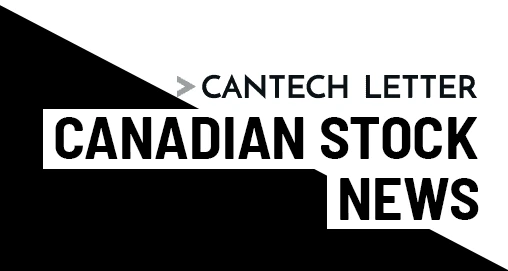Secretary of State Adam van Koeverden announces funding opportunities for sport projects that promote social development in Indigenous communities

The Government of Canada is now accepting funding applications for projects across the country through the Sport for Social Development in Indigenous Communities program
GATINEAU, QC, Aug. 13, 2025 /CNW/ – Sport plays a vital role in building strong and healthy communities. The Government of Canada is committed to supporting First Nations, Inuit and Métis communities in accessing and benefitting from sport programs.
Today, the Honourable Adam van Koeverden, Secretary of State (Sport), announced the launch of a funding opportunity under the Sport for Social Development in Indigenous Communities (SSDIC) program.
The SSDIC program supports Indigenous Peoples in their efforts to be more active and healthier and helps them connect with culturally relevant physical activity. Funded projects are designed and led by Indigenous organizations and community members to address self-identified social development goals, including providing alternatives to risky behavior and improving opportunities for education and employment.
Since the program’s launch in 2019, hundreds of Indigenous communities have benefited from funded projects across the country and continue to do so. Funding is available for projects serving Indigenous communities across the country for 2026–2027 and 2027–2028 through the first two SSDIC streams. On August 25, 2025, funding through SSDIC Stream Three will be made available for projects that support sport initiatives for Indigenous women, girls and 2SLGBTQI+ people.
Quotes
“Sport has the power to build stronger communities, foster belonging and inspire the next generation. The Government of Canada is proud to support Indigenous-led initiatives that provide culturally relevant sport opportunities for First Nations, Inuit and Métis people across the country. Through the SSDIC program, Indigenous partners are breaking down barriers and creating lasting, positive change through sport.”
—The Honourable Adam van Koeverden, Secretary of State (Sport)
“The Aboriginal Sport Circle (ASC) welcomes Sport Canada’s continued investment through the Sport for Social Development in Indigenous Communities (SSDIC) program. These funding streams are more than financial support; they empower Indigenous-led, community-driven sport and physical activity initiatives that strengthen health, education, and leadership. They open doors for First Nations, Inuit, and Métis peoples; create safe spaces for youth; and advance reconciliation through the power of sport. The ASC is proud to work alongside our partners to build stronger, healthier, and more vibrant Indigenous communities nationwide.”
—Vanessa McGregor, Executive Director, Aboriginal Sport Circle
Quick Facts
The Sport for Social Development in Indigenous Communities program is focused on supporting positive outcomes in the areas of health, education, at-risk behaviour and/or employability, consistent with priorities set out in the Truth and Reconciliation Commission of Canada’s Calls to Action 7, 19 and 38, and with Calls for Justice 3.1 and 7.3 of the National Inquiry into Missing and Murdered Indigenous Women and Girls.
Stream One: Funding is available annually to the 13 Provincial/Territorial Aboriginal Sport Bodies and the Aboriginal Sport Circle for the development of sport community programming.
Stream Two: Funding is available annually to Indigenous governments, communities and other not-for-profit Indigenous organizations for projects that promote sport and recreation in Indigenous communities. The deadline to submit applications for funding is September 24, 2025.
Stream Three: Funding is available annually to Indigenous governments, communities and other not-for-profit Indigenous organizations that specifically support sport and recreation projects serving Indigenous women, girls and 2SLGBTQI+ people. The deadline to submit applications for funding is October 6, 2025.
Associated Links
Sport for Social Development in Indigenous Communities
Provincial/Territorial Indigenous Sport Contacts
SOURCE Canadian Heritage

